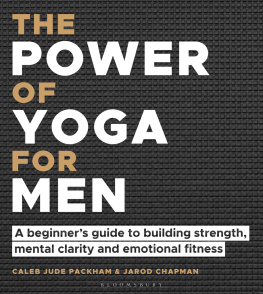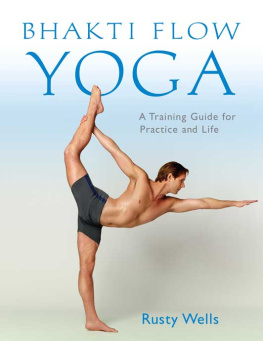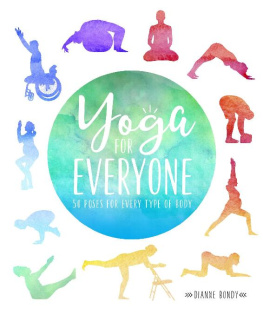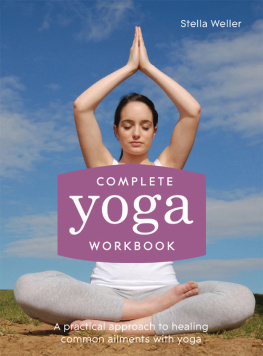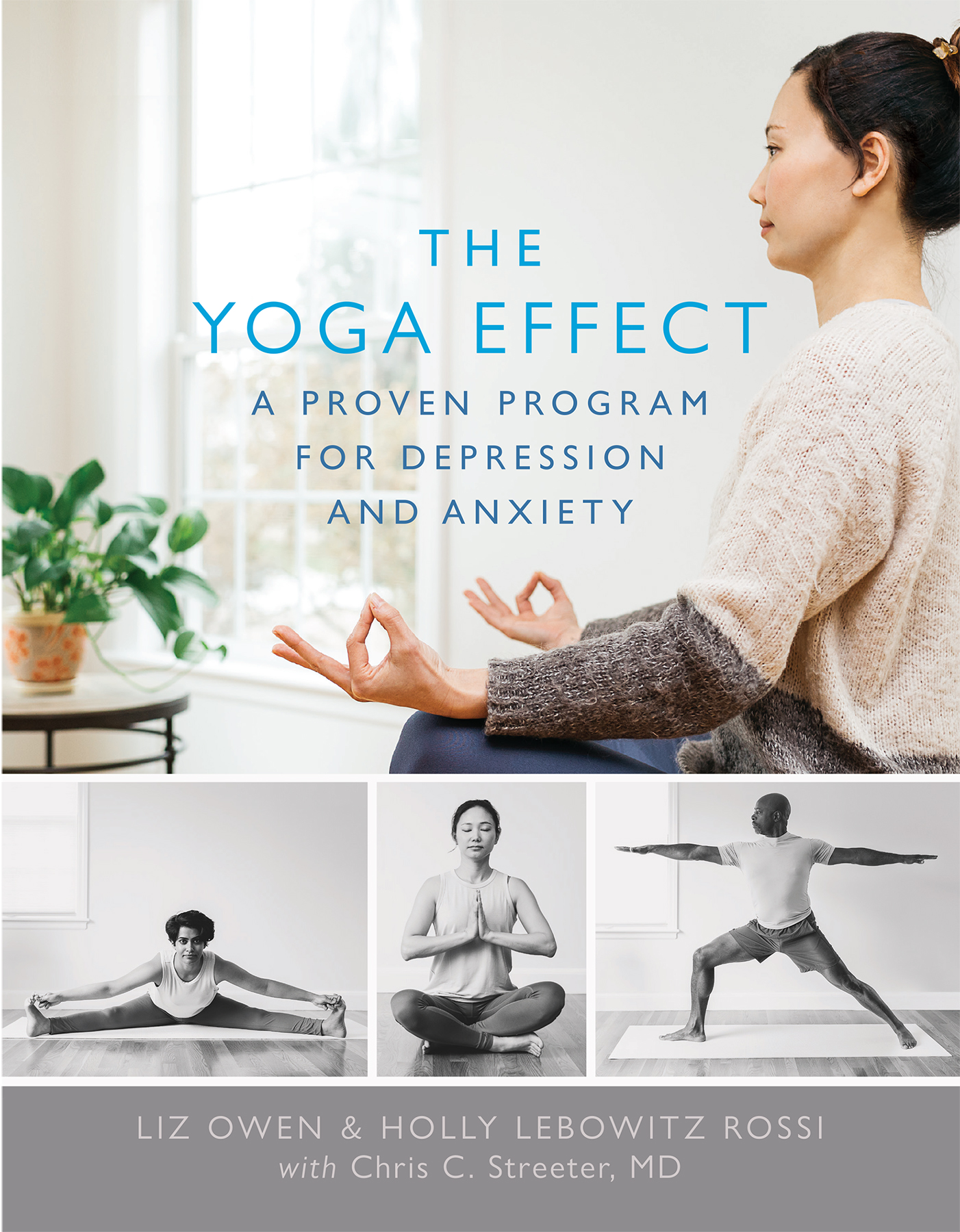Note: The information in this book is true and complete to the best of our knowledge. This book is intended only as an informative guide for those wishing to know more about health issues. In no way is this book intended to replace, countermand, or conflict with the advice given to you by your own physician. The ultimate decision concerning care should be made between you and your doctor. We strongly recommend that you follow their advice. Information in this book is general and is offered with no guarantees on the part of the authors or Da Capo Lifelong Books. The authors and publisher disclaim all liability in connection with the use of this book. The names and identifying details of people associated with events described in this book have been changed. Any similarity to actual persons is coincidental.
Copyright 2019 by Liz Owen and Holly Lebowitz Rossi
Cover design by Alex Camlin
Cover photographs by Tracy Rodriguez Photography
Cover copyright 2019 Hachette Book Group, Inc.
Photographs by Tracy Rodriguez Photography
Illustration by Maura Conron
Hachette Book Group supports the right to free expression and the value of copyright. The purpose of copyright is to encourage writers and artists to produce the creative works that enrich our culture.
The scanning, uploading, and distribution of this book without permission is a theft of the authors intellectual property. If you would like permission to use material from the book (other than for review purposes), please contact permissions@hbgusa.com . Thank you for your support of the authors rights.
Da Capo Lifelong Books
Hachette Book Group
1290 Avenue of the Americas, New York, NY 10104
HachetteBooks.com
Twitter.com/HachetteBooks
Instagram.com/HachetteBooks
First Edition: December 2019
Published by Da Capo Lifelong Books, an imprint of Perseus Books, LLC, a subsidiary of Hachette Book Group, Inc. The Da Capo Lifelong Books name and logo is a trademark of the Hachette Book Group.
The Hachette Speakers Bureau provides a wide range of authors for speaking events. To find out more, go to www.hachettespeakersbureau.com or call (866) 376-6591.
The publisher is not responsible for websites (or their content) that are not owned by the publisher.
Library of Congress Cataloging-in-Publication Data
Names: Lebowitz Rossi, Holly, author. | Owen, Liz, author.
Title: The yoga effect: a proven program for depression and anxiety / Liz Owen and Holly Lebowitz Rossi with Chris C. Streeter, MD; foreword by Chris C. Streeter, MD.
Description: First edition. | New York: Da Capo Lifelong Books, 2019.
Identifiers: LCCN 2019015210 | ISBN 9780738284965 (trade paperback) | ISBN 9780738284958 (ebook)
Subjects: LCSH: YogaTherapeutic use. | Depression, MentalAlternative treatment. | Anxiety disordersAlternative treatment.
Classification: LCC RM727.Y64 L44 2019 | DDC 613.7/046dc23
LC record available at https://lccn.loc.gov/2019015210
ISBNs: 978-0-7382-8496-5 (trade paperback), 978-0-7382-8495-8 (ebook)
E3-20191115-JV-NF-ORI
The Yoga Effect offers a window into how ancient practices affect our minds and moods. It is a fine example of the collaboration between yoga teachers and brain researchers exploring the use of yoga in mental health treatment.
Patricia L. Gerbarg, MD, assistant professor in clinical psychiatry, New York Medical College, and coauthor of The Healing Power of the Breath
Readers will find an excellent review of the basics of yoga theory and practice in addition to well-presented instructions on a wide range of specific yoga practices that are likely to improve mental health and well-being. The research described in The Yoga Effect has been a meaningful contribution to the field.
Sat Bir Singh Khalsa, PhD, assistant professor of medicine, Harvard Medical School, and chief editor of The Principles and Practice of Yoga in Health Care
In an inspirational collaboration, yoga teacher Liz Owen, writer Holly Rossi, and medical researcher Chris Streeter forge new ground for how yoga can be researched and validated within the western medical framework without devaluing their personal experiences with yoga as a healing mechanism. By making our best efforts to combine the best of both worlds, like these authors, we have an opportunity to make some real progress.
David Emerson, director of The Center for Trauma and Embodiment at JRI, author of Trauma-Sensitive Yoga in Therapy, and coauthor of Overcoming Trauma through Yoga
To all my students and teachers, with great gratitude for your giftsLO
For my parents, the keepers of my history and my eternal consiglieresHLR
This book is not intended as a substitute for medical advice or treatment. Before beginning any yoga or other exercise program, please consult a physician.
The yoga practices in this book, and in the studies that the book is based on, were created to be as accessible to as many people as possible, so that anyone living with depression or anxiety may find yoga to be a meaningful tool on a healing journey. The Iyengar style of yoga, because of its comprehensive teacher training protocols and its use of props and pose modifications, is the basis of the yoga in both the studies and the book.
In this time of much-needed and appropriate scrutiny of human interactions within organizations and society, we unequivocally state our support for victims and survivors of any form of abuse, both within and outside of the yoga community. Our mission is to promote a sense of safety and encourage self-exploration, recovery, restoration, and self-actualization for all who open this book, and indeed, for all who come to yoga for help.
If you need emotional help, please contact a mental health professional in your area. If you are in crisis, please call the National Suicide Prevention Lifeline (1-800-273-8255) or 911.
The names and identifying details of individuals who participated in scientific research described in this book have been changed to protect their privacy.
I n ninth grade, I took my first yoga class, and I have been intrigued by the mind -body relationship ever sinceso much so that the opening sentence in my medical school application was, I want to study the mind, body, soul interface. This led to a path that included training in neurology, behavioral neurology, and psychiatry in the pursuit of understanding how yoga practices affect how we feel and how yoga might be useful in treating mental illness, specifically depression.
I have long been interested in what I call the round-peg-square-hole dilemma of trying to understand yoga philosophy through the lens of Western science, because if both disciplines are correct, they should not be in conflict. I am delighted that Liz Owen, a gifted yoga instructor and my longtime collaborator, along with her writing partner Holly Lebowitz Rossi, have taken the opportunity to meld Western scientific research and yoga philosophy and practice into a book that people can use to understand and improve the symptoms of depression and anxiety.
Over the course of three scientific studies Ive collaborated on with Liz, we developed a protocol that focused on the yoga postures thought to be beneficial for improving the symptoms of depression. Our first studys participants had no diagnosis of depression, while the second study involved people with Major Depressive Disorder and added a breathing exercise to the yoga postures. Our third study is a randomized, controlled trial comparing walking to yoga as a treatment for depression. All of these studies used magnetic resonance imaging (MRI) technology to measure chemical changes in the brain before and after the yoga practice. Our approach has allowed us to observe improvement in mood in a healthy population and improvement of depressive and anxious symptoms in individuals diagnosed with depression. This book provides a practical manual that is based on the program Liz and I developed.


